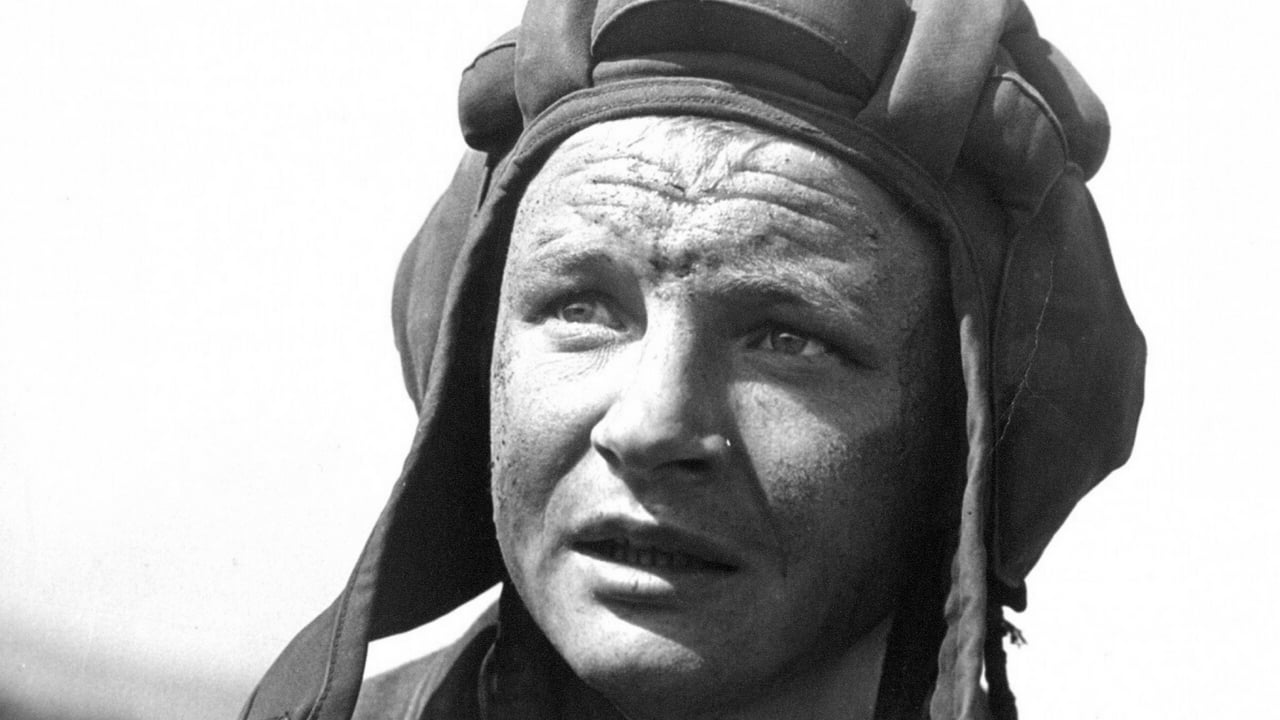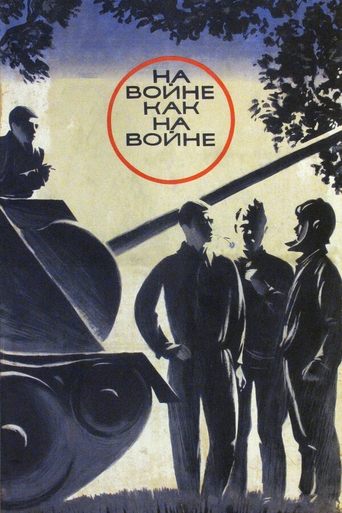Jemima
It's a movie as timely as it is provocative and amazingly, for much of its running time, it is weirdly funny.
Rodrigo Amaro
The loneliness of the leader, whoever this leader is, whether being in a corporation or a team leader or head of the family, is crucial in order to get things done, to better understand everything and everyone around him/her, trying to find conditions to complete his goals and fulfill his/her existence. It's in those solitary moments one finds some peace (without others) and yet plenty of war on the inside, battling his inner demons, doubting time and again. "What am I doing wrong? What needs to be changed? How do others perceive me and how do I perceive myself?" and so on. "At War as at War" deals with such ideal though it seems to skip those things. It's buried very deep but it's there. To some, it may seem a conventional war movie about a flawed leader who manages to defeat his obstacles while dealing with a more experienced crew; to me, it was a poignant observation on the human condition when faced with strange adversities that seem small things to many but it's a whole world to some.It's very easy to relate with young and impressionable lieutenant Maleshkin (Mikhail Kononov, good actor), a young adult with relative experience, enough to lead a small crew (a mechanic, an arms specialist and the pilot) of an armored tank, guys who are older than him and who always find ways to ignore his orders. He shouts with them cause that's the only way they obey him (not really, though), but deep down he wants to be like one of those commanders who find ways of being nice to his subordinates, a true leader. Maleshkin's situation is one of a kind. He fights three wars at the same time: with WWII going its course, German forces are marching through Ukraine (1), and the man's mission is to lead one of the many tanks in deadly combats, and besides dealing with a reckless crew (2), he's trying to look good with his superiors (3), some who are very skeptical of his leadership and others who fully believe he can be a disciplined officer and a great leader. His way to bring up the squad's morale: suicide and encouraging acts such as picking up a hand-grenade that one of his soldiers let it fall inside the vehicle without its pin. The thing I loved the most about the movie was its simplicity with a thought-provoking story (sometimes, writers and directors can provide with those), very accessible it is in terms of presenting a quality story that doesn't linger for too long, well-acted, with some surprising humored scenes - it's almost a comedy - and exciting action sequences. But let's go to what it matters, the screenplay's achievement: a solid view on the difference between a leader and a boss, commander. Business marketers use those definitions at right and left to exhaustion when talking company's leaderships but I think this movie got it right. The first inspires his team, recognizes his errors; the other just demands, bullies, harasses, more concerned in the result than in the actions that led to it. And Maleshkin is a proof of both, in many scenes, and he's a good example that people can change from one to another under the most difficult and unthinkable situations. 9/10

